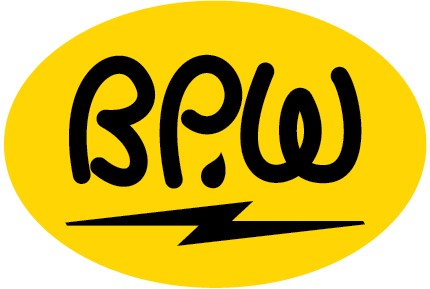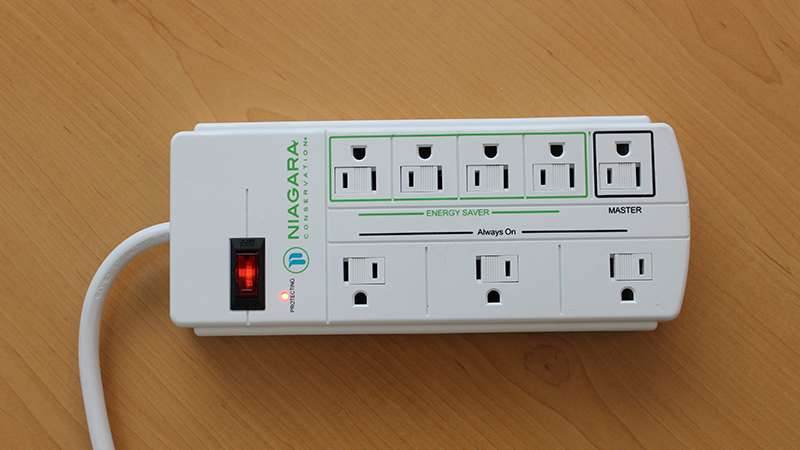
Although electricity is one of our greatest conveniences, it can also be very dangerous. We want you to be informed and safe. Check out the tips below to keep you and your family safe!
Inside Your Home
-
Routinely inspect cords for broken or frayed insulation
-
Do not run extension cords across doorways or other heavy traffic areas unless you securely tape them to the floor
-
Do not staple or nail extension cords to walls
-
Do not allow cords to come into contact with oil or other corrosive materials
-
Before using an extension cord in a wet area or outside, confirm it is rated for outdoor use and make sure the cord is connected to a ground fault circuit interrupter
-
Avoid running cords through “pinch points” such as doors or windows
-
Avoid overloading outlets; only one appliance per outlet
-
Don’t pull cords taut as this can increase the potential for connections to pull loose
-
Install tamper resistant outlets in homes with small children
-
Follow instructions from manufacturers when plugging in appliances
-
Always have a working fire extinguisher handy
-
Have at least one working smoke and carbon monoxide detector on each floor of your home
Outside Your Home
-
Never fly a kite or model airplane near overhead wires
-
Don't let children climb trees near power lines
-
Don't use electrical appliances near pools or extension cords in the vicinity of pools
-
Use caution around padmount transformers (if the green covering around the transformer is damaged or the lock is broken stay away and call HBPW immediately)
-
Do not landscape around transformers as it restricts access for power crews and digging creates a danger of contact with buried cables
-
Be careful when working or playing around guy wires supporting utility poles
-
Do not swing or climb on guy wires and avoid running into them with yard equipment or vehicles
-
Call 811 before digging so HBPW can identify the location of underground wire
-
Be careful when carrying swimming pool skimmers, metal pipes, ladders or other tall poles and long boards, as they can contact the electrical line going through your home
-
Take care not to cut the power cord when working with electrically powered cutting tools outdoors including lawn mowers, hedge clippers, chain saws and trimmers
-
When working around trees, make sure no electric wires run through branches and if you do see a branch in danger of falling on a line, please contact HBPW immediately
-
Wear sturdy rubber-soled shoes when working with electric tools outdoors, and never use electrical tools when barefoot
-
DURING SEVERE WEATHER: Stop and look around before stepping into a flooded area and be aware that submerged outlet or electrical cords may energize the water, posing a potentially deadly trap
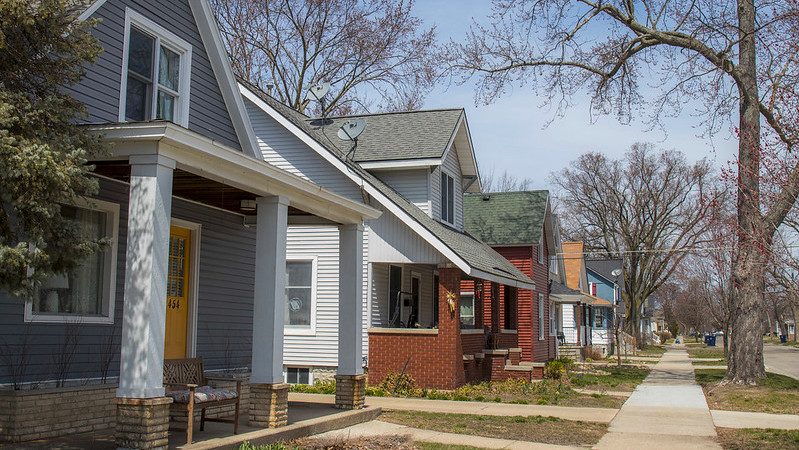
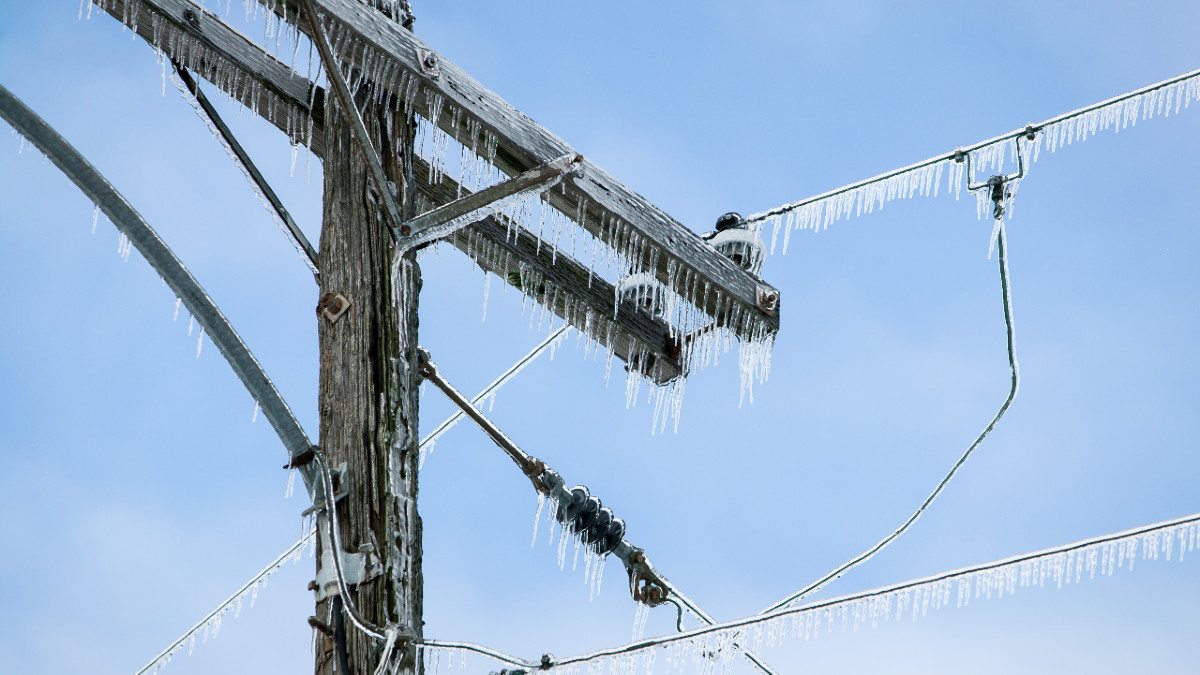
Downed Power Line Safety
-
Always assume fallen power lines are energized and stay at least 35 feet away from a downed power line and any nearby objects it may be touching
-
If a downed power line lands on your vehicle or house, stay inside as leaving the house or vehicle will put you in danger of direct contact with the power line.
-
Never attempt to move a downed power line
-
Never touch a person or object that is in direct or indirect contact with a downed power line; instead call 911 immediately
Always remember to call HBPW to report a downed power line outside your home.
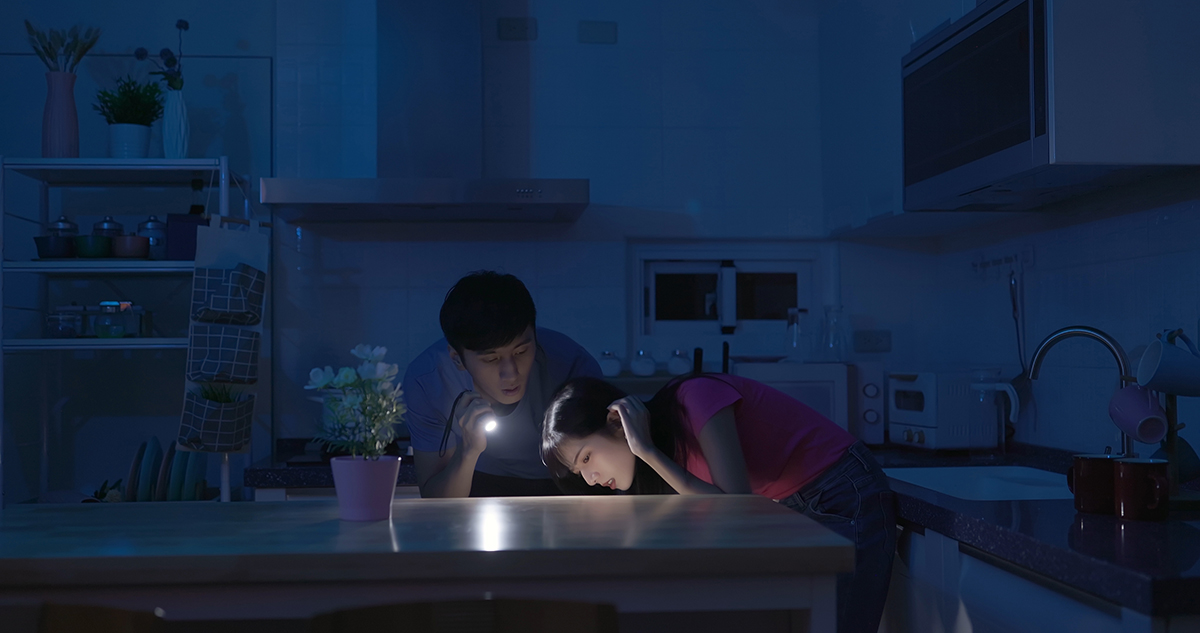
Power Outage Safety
- Check the local weather report to know what is happening.
- Follow Holland Board of Public Works on social media to stay up to date with notifications.
- Use a flashlight instead of candles.
- Follow food safety tips from the CDC.
-
Do not use a gas stove in an attempt to heat your house. This can result in carbon monoxide poisoning.
-
Never run a generator indoors. If you use a generator, use it in a well-ventilated area outside and away from open windows. This is another dangerous carbon monoxide risk.
Portable Generators
Although convenient, if connected or used improperly, portable generators have the potential to seriously injure or kill you, your neighbors or unsuspecting utility crews. A portable generator plugged directly into your home's wiring can cause backfeed and actually energize the utility wires outside your home. This can create a danger for utility crews and anyone else who may come into contact with downed or low hanging wires.
-
A generator should never be connected directly into your household wiring without the use of a transfer switch
-
Opening the main breaker to isolate your household wiring from the utility wiring does not provide enough of a guarantee of safety. The breaker may have been damaged and/or may not provide enough gap to safely isolate your home's wiring.
-
A UL listed extension cord should be used to plug into the light or appliance to run directly with the portable generator (reworded)
-
Make sure the extension cord is rated for the size of load it's serving
-
Ensure the generator is running in an open, well-ventilated location as they emit carbon monoxide, a colorless and odorless gas that can silently kill occupants of a home
-
Always follow all the safety instructions that concern the operation of your portable generator
The Holland BPW does not recommend or endorse any particular generator manufacturer or model.

